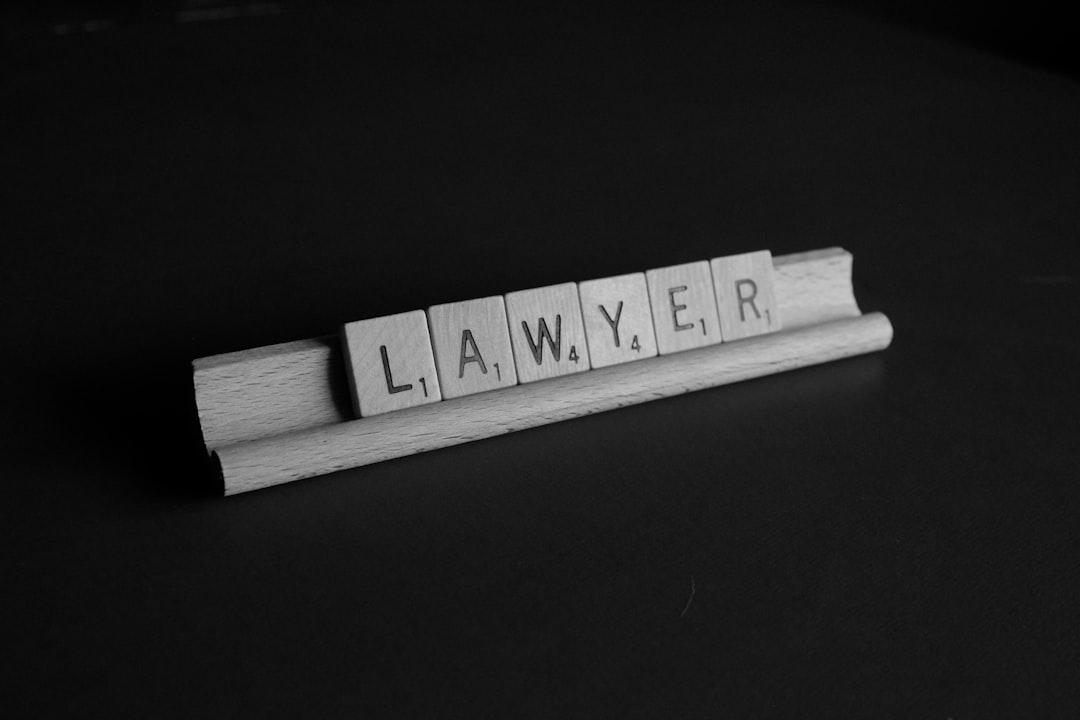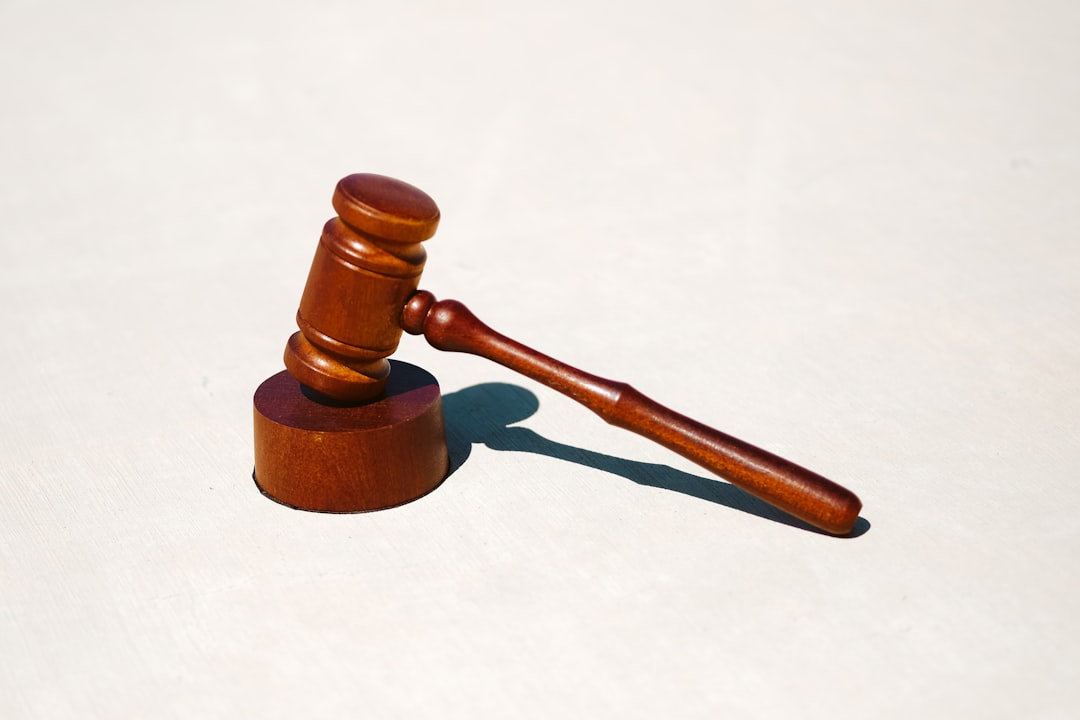In South Carolina, institutions like schools, churches, and care homes can be held accountable for sexual abuse through negligence laws. Sexual abuse lawyers or attorneys specializing in this area guide victims, ensuring their stories are heard and institutions are held responsible. These professionals navigate state laws and advocate for victims' rights. Educational institutions, healthcare facilities, and religious organizations share a collective responsibility to prevent and address sexual abuse, with legal guidance from reliable sexual assault law firms. Successful outcomes from litigation empower survivors and communities, fostering a culture of safety across the state.
In South Carolina, holding institutions accountable for sexual abuse negligence is a vital step towards ensuring safety and justice. This comprehensive guide explores the intricate web of laws and legal actions surrounding sexual abuse, focusing on the role of institutions in prevention and response. From understanding relevant legislation to examining successful litigation, we delve into strategies for victims seeking redress as sexual abuse lawyers and attorneys in South Carolina. Discover how knowledgeable legal firms specialize in advocating for survivors, holding perpetrators and negligent institutions responsible.
- Understanding Sexual Abuse Negligence Laws in South Carolina
- The Role of Institutions in Preventing and Addressing Sexual Abuse
- Legal Actions Against Institutions for Failure to Protect Individuals
- Success Stories and Impact of Sexual Abuse Litigation in SC
Understanding Sexual Abuse Negligence Laws in South Carolina
In South Carolina, sexual abuse negligence laws play a crucial role in holding institutions responsible for their failure to protect individuals from sexual harm. A sexual abuse lawyer or attorney specializing in this area can guide victims through the legal process and fight for justice. These laws hold schools, churches, care homes, and other organizations accountable when they display negligence in preventing or responding to sexual assaults within their premises. If you’re searching for a competent sexual abuse law firm South Carolina has several options dedicated to advocating for victims’ rights.
Sexual assault lawyers in South Carolina are well-versed in the state’s legal framework, which includes statutes of limitations and specific procedural requirements. When an individual suffers sexual abuse or assault due to an institution’s negligence, they may be entitled to compensation for their physical and emotional trauma. By consulting with a sexual abuse attorney South Carolina residents can gain clarity on their legal options and pursue the justice and redress they deserve. These professionals ensure that victims’ stories are heard and that institutions are held accountable for their failure to uphold their duty of care.
The Role of Institutions in Preventing and Addressing Sexual Abuse
Institutions play a pivotal role in preventing and addressing sexual abuse, particularly in vulnerable communities like South Carolina. Educational institutions, including schools and universities, are mandated to have stringent policies and procedures in place to ensure student safety. This includes comprehensive training for staff and faculty on recognizing and reporting suspicious behavior, as well as implementing clear protocols for handling allegations of sexual misconduct.
Beyond education, healthcare facilities and religious organizations also bear a significant responsibility. Hospitals and clinics must provide safe spaces for patients and ensure that medical professionals are equipped to handle sensitive issues related to sexual abuse. Similarly, religious institutions should foster an environment where victims feel comfortable coming forward and seeking help without fear of judgment or retribution. A sexual abuse lawyer or attorney in South Carolina can guide individuals through the legal process if they’ve been affected by such negligence. Reliable sexual abuse law firms in South Carolina specialize in advocating for victims’ rights and ensuring that institutions are held accountable.
Legal Actions Against Institutions for Failure to Protect Individuals
When institutions fail to protect individuals from sexual abuse, they can be held accountable through legal action. A sexual abuse lawyer in South Carolina can guide victims through this process, pursuing justice and compensation on their behalf. Many institutions, including schools, churches, and care facilities, have a duty of care to ensure the safety of those in their charge, and breaching this duty can lead to significant legal consequences.
Sexual abuse attorneys in South Carolina specialize in navigating complex laws and regulations to build strong cases against negligent institutions. They work closely with victims to gather evidence, interview witnesses, and construct a compelling narrative that highlights the failure to prevent or respond to sexual assault. These efforts aim to secure fair settlements or verdicts that not only provide financial relief but also serve as a powerful deterrent for future incidents.
Success Stories and Impact of Sexual Abuse Litigation in SC
In South Carolina, numerous success stories have emerged from sexual abuse litigation, demonstrating the profound impact these cases can have on survivors and communities alike. When individuals brave enough to come forward are represented by competent sexual abuse lawyers in South Carolina or sexual assault attorneys in South Carolina, they not only gain access to justice but also play a crucial role in holding institutions accountable for their negligence. This process helps shed light on systemic failures, encourages policy changes, and fosters a culture of safety and prevention.
The success of these cases can be measured by the significant compensation awarded to survivors, which serves as a form of validation and support. Moreover, it sends a powerful message to potential perpetrators and institutions that sexual abuse will not be tolerated. Reputable sexual abuse law firms in South Carolina have been instrumental in navigating complex legal systems, ensuring survivors receive fair treatment and adequate redress for their suffering. This, in turn, can lead to increased awareness, improved support services, and enhanced protection for vulnerable individuals across the state.





